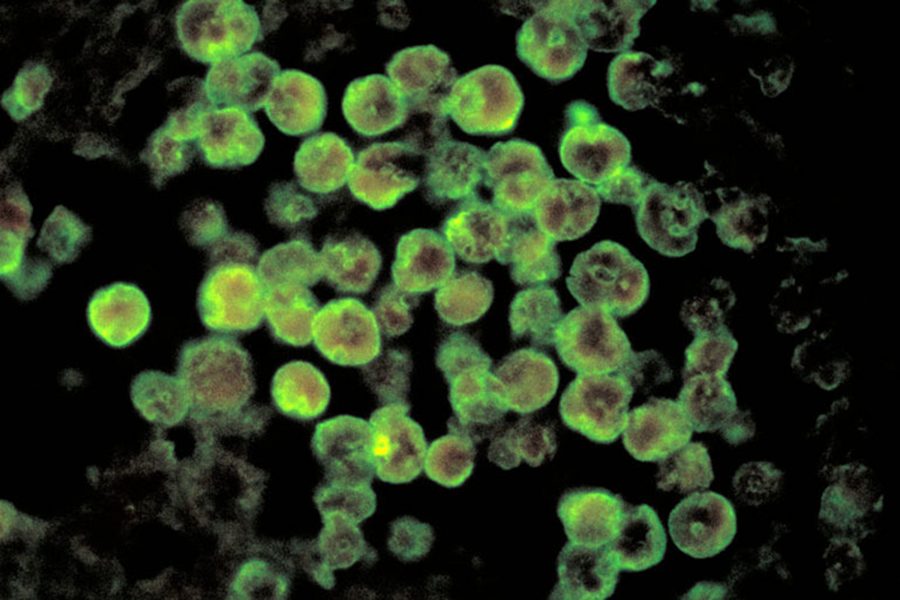Microsoft attempts to cure cancer with computer science
Phillips is working to create a molecular computer that could be put inside a cell to monitor the disease. If a disease is found through the device, it would activate a response to fight it. In Philips’ mind, he believes it could take five to ten years time.
Recently, the company has revealed new research for a new approach to thinking about cancer, looking at cancer in the same way computer scientists think about computer programs. Scientists are attempting to create molecular computers to program the body to immediately detect and fight cancer cells.
“If you can figure out how to build these programs, and then you can debug them, it’s a solved problem,” said Jasmin Fisher, senior researcher at the lab and professor at the biochemistry department at Cambridge University, according to The Independent.
Around 150 people are working on the project in the research center in Cambridge, ranging from computer scientists to biologists and engineers.
“We are trying to change the way research is done on a daily basis in biology,” said Fisher.
Microsoft is trying to put machine learning at the center to try and destroy the disease. The company wants to take the known biological data and use analysis to deepen the understanding of the disease.
“I think it’s a very natural thing for Microsoft to be looking at because we have tremendous expertise in computer science and what is going on in cancer is a computational problem,” said Chris Bishop, director of the Cambridge-based lab to WIRED.
Due to the fact that there is a tremendous amount of information available, it makes it impossible for a person to go through it all and understand the concept fully. Machine learning is able to process information faster than humans and make it easier to understand.
“We can use methods that we’ve developed for programming computers to program biology, and then unlock even more applications and even better treatments,” said Andrew Phillips, head of the biological computation research group at the Cambridge Lab.
Your donation will support the student journalists of Sycamore High School. Your contribution will allow us to purchase equipment and cover our annual website hosting costs.



